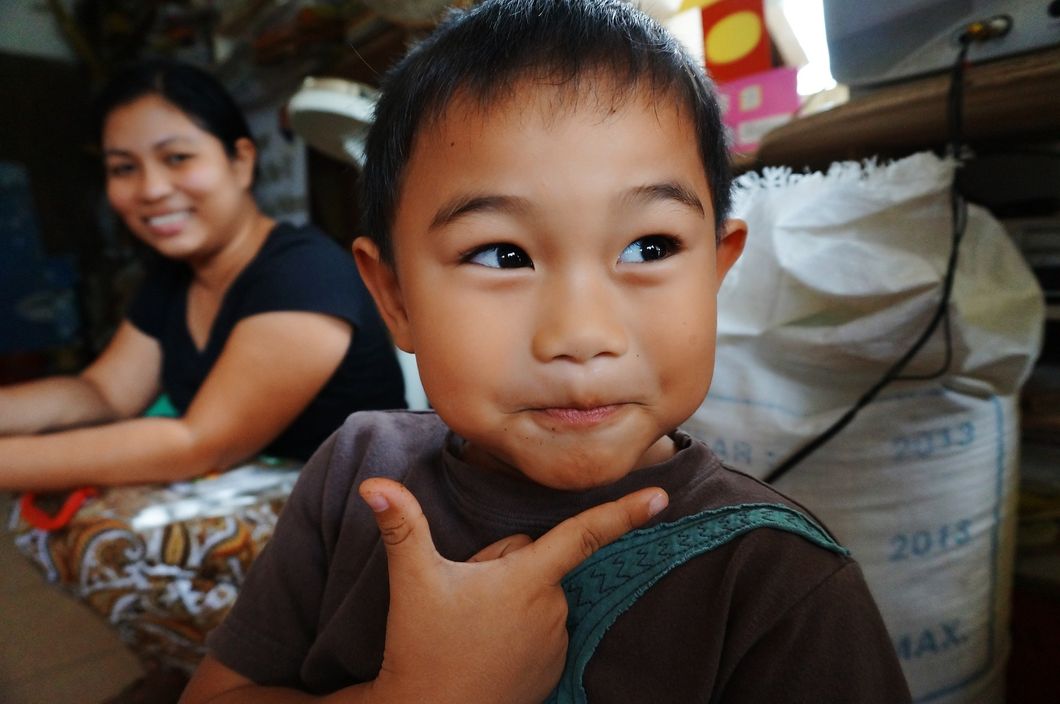Growing up, I have always been proud to be Filipino. Starting from a young age, my parents and grandparents tried to expose me to the language, the people, and of course, immerse me into the culture. One of my most vivid memories when I first visited the Philippines at five years old was how I was praised for my lighter skin tone and how I looked "mestiza."
In the Philippines, this term is commonly associated with someone who looks mixed or like a foreigner due to his or her fairer complexion. I remember being confused because my cousins expressed how they wished their skin tone, which was a little tanner in comparison, was similar to mine. That was the first time I faced the reality of colorism in my culture, and even though I did not fully understand the concept of it back then, I knew something did not sit right with me. I am writing this article because I want to reach out to people and tell them that although it may seem hard to change the foundation and original beliefs of a culture, it is still possible.
One of the main reasons why I believe some people in the Philippines continue to have this mindset is because of our country's history. For about 300 years, we were colonized by the Spanish, and it was inevitable that their influence, lifestyle, and beliefs be passed onto us. Back then, tanner skin was commonly associated with laborers in the fields because that indicated that these people were exposed to the sun more often. In contrast, a fairer complexion was associated with wealth and indicated a higher social status. Even though this is not necessarily true today, and some people are just naturally born with tanner skin, this mindset has not been completely forgotten.
Another reason why the subject of colorism continues to be prevalent in Filipino society is because of the external influences from both the beauty and entertainment industries. It is disappointing to see that until today, extremely popular celebrities continue to endorse products such as whitening lotions and soaps. We truly look up to these people, and most of the time, they represent a certain standard of beauty for us. It is hard for most people to disassociate from that attitude and embrace their own version of beauty.
One of the most famous social media influencers who I believe helped pioneer this movement is Asia Jackson, a half Filipino, half African-American YouTuber who started a social media campaign called "Magandang Morena" which means "beautiful brown skin" in Tagalog. Even though the Philippines generally still is working towards fully accepting and publicly loving all different skin tones, I think that there have been many strides towards inclusivity and equality, and this is an example of one of them. As social media becomes a universal way of communication and connection amongst society, more and more people are using their impact to promote change and break society's standards.
This only goes to show that if you are reading this, do not be discouraged if change does not occur immediately. We need to start embracing all skin tones not only in the Philippines, but in all countries and places as well, and this change starts with you.















